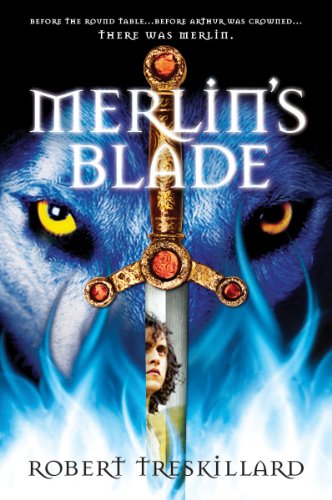The following post comes after reading a couple of articles on the state of Christian Fiction. The first is Maybe We Should take a Long Look at the "Christian" Genre by Aimee Meester of "To the Barricade". The second is Should Christians Only Write Overtly Christian Books by Alea of "Elvish Pens, Fantastical Writings". I don't think reading either is strictly necessary to understanding my response, but I would encourage you to read and think over both of them if you have the time.

What's the purpose of Christian fiction?
No, I mean, really. Think about it. Why is that adjective on the front of "fiction"? Why does it belong there? Why would we read Christian fiction over regular fiction? Why is it important?
What should the purpose, the intent, or the end goal be for those of us who seek to write it?
Perhaps we first need to ask who our target audience is. I think we can safely assume that we are writing to other Christians. (Although there are some Christian publishing houses that have imprints specifically designed for non-Christians, they're sort of an exception to this discussion).
Then, we need to ask, "What is our purpose in writing to these people?" What do we as authors want Christian readers to take away from our books? Of course, we
shouldn't overrun our story with message, but if we had to have a take-home value from our books, what would it be? What's our "moral" of the story?
Is it entertainment? Clean entertainment is a noble task. Heaven knows that it's hard to find clean media to consume.
Is it encouragement? Encouragement is a good thing. In a world filled with sin and awfulness and filth, we could use an encouraging message that reinforces our beliefs.
Is it to feel better about ourselves? Sometimes that's a good thing. But oftentimes, that's our way of hiding a dirty conscience or refusing to acknowledge our own problems.
These are all very important questions for both readers and writers of Christian fiction to answer. However, I think there's another question to be asked once we think we've determined what Christian fiction ought to be.
Can it be something more?
Encouraging, clean entertainment is nice--but is that all we are? Is that all we
can be? Because, if that's all we can be at our very best, that's pretty sad.
Can we be challenging? Thought-provoking? Can we make people grow? Can we make people change the way they think--for the better?
You might nod and say that Christian fiction already encourages us to do that. And some books certainly do. But does Christian fiction encourage the "heathen" to rethink his ways while neglecting the believer's problems? Do we see all of our problems as "being out there" rather than turning a critical eye inside? So often, the answer is, "Yes".
If we're writing to Christians, shouldn't we be addressing Christians' problems, challenging them? Why do we spend more time challenging people outside the church than within it in our fiction? People outside the church aren't our typical target audience. So what makes us point a finger at them instead of at ourselves?
It's uncomfortable. It's not what people want to hear. It might give people the wrong idea about Christianity. People will encounter more opposition from outside the church than within. People won't buy books like that.
Publishers won't buy books like that. The list goes on.
But are those good reasons to stop ourselves from growing? Are those good reasons not to challenge ourselves or our readers?
Worse, could ignoring areas for growth cause us to stagnate? To become self-righteous? To become comfortable with who we are rather than daily recognizing our need for repentance and grace?
Good fiction challenges and drives thought. It doesn't coddle. It doesn't hide the truth, but reveals it in a different setting.
The truth is, God's children have problems. We're sinners. Christ's blood is what stands between us and God's righteous wrath--not our works. And if we deny in our fiction that we (or our allegorical counterparts) have real issues that need to be addressed, we do ourselves a disservice. We make God's grace a mockery, a gift only imparted to those who are already worthy enough to receive it.
So, what's our purpose in Christian fiction? Is it to make our paper-cut-out fictional Christ followers perfectly take out the terrible people of the world? Is it to show the evil people of the world that they need saving and we perfectionists can lead them there? Is it to encourage the already good Christian that he is on the right road, in spite of obstacles? Is it to make us feel all warm and fuzzy?
Or can it show us our brokenness, our need for God's daily love and mercy? Can it show us how we've failed our neighbors? Can it show us our daily need for our Savior? Can it show us a need for humility?
Please understand that this is more of a criticism directed at myself than at others currently published. I'm wrestling with editing a piece right now and trying to decide what it needs to say. These are the questions that I've had to ask myself. I encourage you to ask them of yourself, too, regardless of what genre you write.
Do you ever struggle with the "message" of your story?
 The Short:
The Short:








